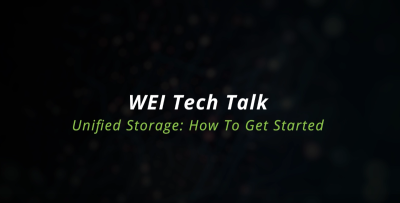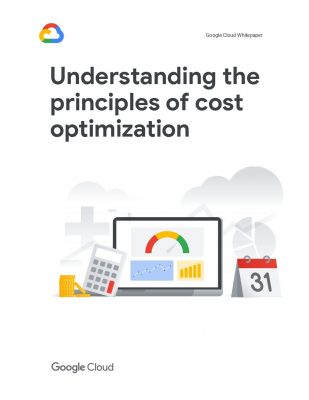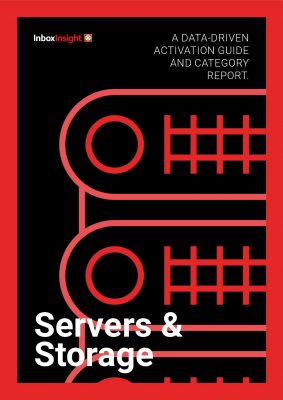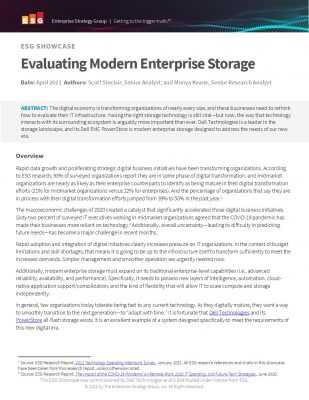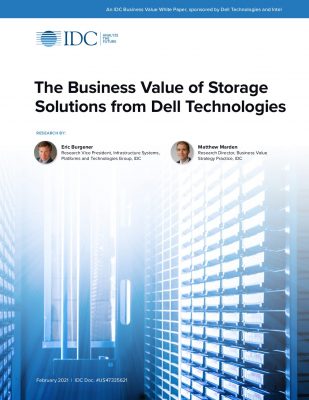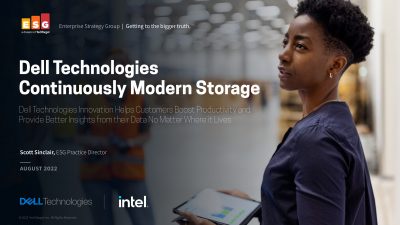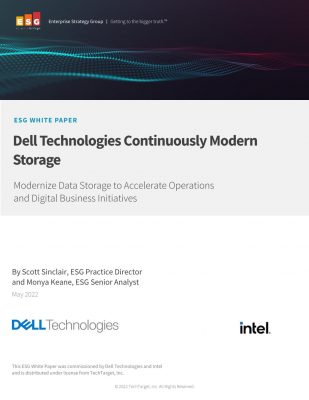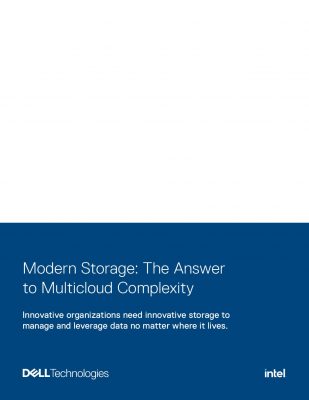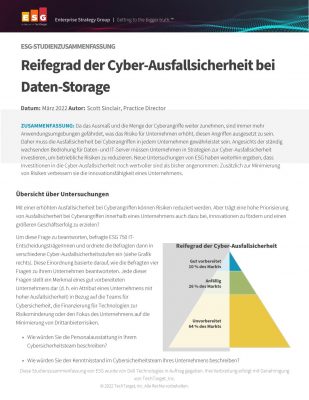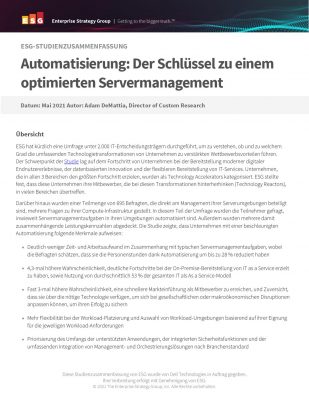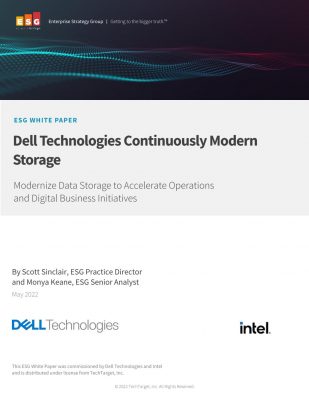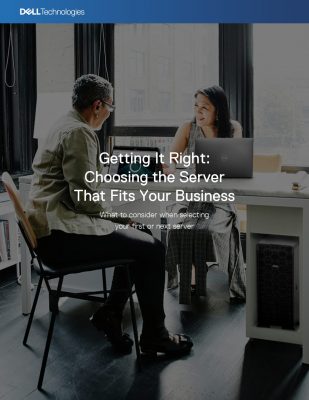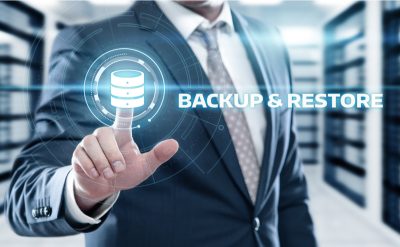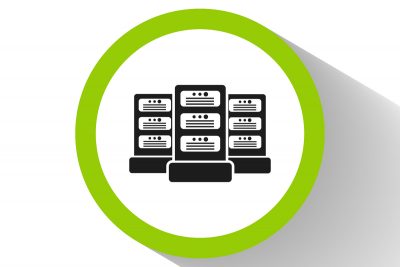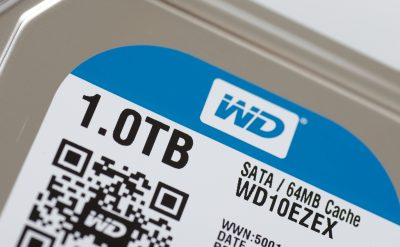Data is the next lifeblood for any business, so it’s imperative for them to consider the infrastructure solutions how and where you will store the data. For IT teams the business requirements, will greatly drive the choices you make for data infrastructure solutions. The business has to consider several factors when deciding on a storage solution decision that will include applications, edge computing, and networking.
How does your current data environment current looks?
When it comes to data environment you might be facing several challenges, what are the types of challenges you are managing? How does this challenge affect your business? What are the applications you are using for data solutions? What is the complete software stack? What are the software packages that are being used or operating systems for the users?
What is the specific requirement you would like to cover with the new storage solution?
Whether you look to improve the performance, resilience, and capacity of your business? Are you considering other security features to tackle data leaks like encryption? Do you want to have a self-managed system or intend to manage your own infrastructure using other third-party solutions, or would you consider a managed service? Are you considering cloud solutions then it would be divided into several types- private, public, or hybrid cloud? When it comes to critical data, do you need full security control through an on-premises infrastructure solution?
Have considered solutions on how to protect your data?
The demand for data storage and retrieval is seeing a greater rise with each passing day but has the security solution caught up with types of attacks when it comes to data technology. Cyber attacks over the years have become part of data infrastructure, does your business have plans for Data back-up and disaster recovery in the event of an attack and ultimately for the business continuity?
How will you migrate to your new data solutions?
How much of the data do you need to migrate into new data solutions? What type of data will be migrated? What are the migration tools that you will be using? What is the complete time-frame that you’re looking for migration? Who has taken the responsibility of the complete migration infrastructure? Migration of data will be an underlying aspect when businesses look towards solutions, as the data shift will depend on networking, tools, and type of data.
What is your budget when it comes to data solutions?
Capital expenditure or operational expenditure that will be depending on the required consumption based payment structure?
The time frame for migration and early setup
When it comes to adopting the data solutions, what length of support do you need? Three years, five years or more, what is the time frame that will be affecting the enterprise storage system to grow and scale over time. When you’re adopting environment data business solutions, what are objectives you want to achieve throughout three or five years period? Many businesses change objectives based over technology and business development, how your data solutions might need to adopt to that?
New solutions are equal to new technology
There are multiple things to consider when you look for complete data solutions the above questions where just a brief. There is now an increase in the number of new technologies that are restructuring the way businesses can approach the data storage, it’s also no surprise that businesses can get confused or even overwhelmed when it comes to planning the best solution for them.
Infrastructure-as-a-Service (IaaS)
IT vendors are adding several aspects with an additional number of offerings such “as a Service,” and it’s now becoming an easier option for the organizations to spread their costs over different areas such as IT costs via monthly subscription. It makes it easier for the businesses to scale up and scale down, within the complete business landscape that is ever changing. Flexible capacity storage options such as IaaS and SaaS are enabling organizations to move away from the capex of investment to models whereby they pay for the storage consumed monthly, quarterly, or on an annual basis.
Hybrid Storage solutions
Hybrid storage solutions have increasingly become more common for enterprises, the added flexibility of using public cloud solutions and security with the usage of private cloud solutions. Having a storage solution in place to store different types of data will give the required agility required by businesses when dealing with critical business applications.
Conclusion
Businesses too often depend on different triggers when it comes to taking storage decision, losing on several of the key early engagement solutions. For major organizations around the world, storage solutions can take up to months even years to complete, so it’s crucial that businesses are early to engage with such solutions. The businesses even have to constantly face issues that can crop up with the failed planning strategy that leads to facing limited capacity; IT teams might have to face every time with challenges of limited capacity grinding the projects to halt.
Before the enterprise starts embracing the data solutions, they need to have a pre-planned migration strategy that they would be following and objective they want to achieve after the complete migration has taken place. It’s hard to plan the business solution when they would take a decade for setting up the complete business solution. The data landscape is evolving over time, as the demand for better storage solutions that cater to a huge variety of business needs. Businesses must plan based on different requirements, but it should be technological viable as you embrace future challenges. To know more about storage solutions you can download our whitepapers.
